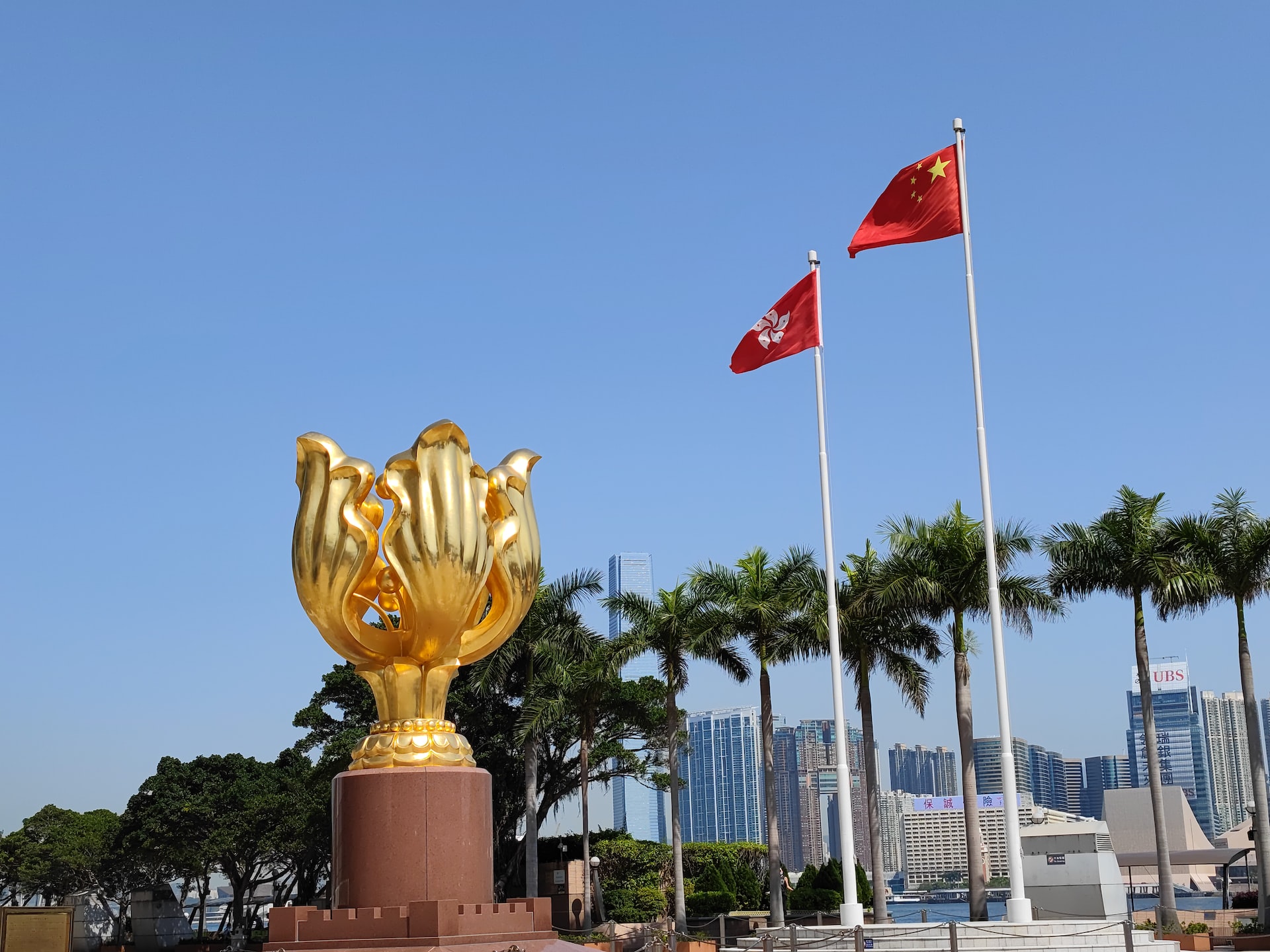WESTERN REPORTERS: YOUR CHAUVINISM is showing. Many western scribes and their followers are mocking Hong Kong people who are upset after a rather brutal prank or “an error” happened in South Korea, where a protest song was played in the place of the national anthem.
Is it okay for these reporters to have a laugh? They can do what they want — but they should know that their cultural chauvinism is in evidence.
UK and US citizens are legally allowed to mock their national anthems. So western journalists are writing as if that’s the correct attitude, and thus Hongkongers are over-sensitive to dare to want the right anthem played.
“Reactions in HK are unbelievable – shows incredible fragility of some people, taking such offence at a minor matter,” said Finbarr Bermingham of the South China Morning Post in a tweet.
But that’s not actually fair. Most Asian societies have strict legal requirements to protect their anthems, many with fines or jail sentences for offenders. So the truth is that Hong Kong people are simply in line with the majority of their neighbours in the part of the world where the majority of the human race lives.
Here are the facts.
In both the world’s most populous countries, China and India, insults to the national anthem are an offence, and offenders can face several years in jail.
The US is the third most populous country; in the fourth most populous nation, Indonesia, anyone seen to harm the national anthem in any way “shall be sentenced to imprisonment of five years or a maximum fine of 500 million rupiah”. (That’s US$32,000, a huge sum in that nation.)
In Singapore, if you fail to stand and sing the correct lyrics, you can be arrested and fined.
In Malaysia, people “knowingly showing disrespect towards the anthem” can be fined and jailed.
Thailand has two national anthems, one for the country and one for the royal family, and you can be arrested for showing disrespect.
In Japan, there has been a string of legal battles by teachers fighting against the national anthem laws in schools for many years.
In Russia, desecrating the country’s “musical symbol” is an offence.
While most of these cases quoted are in Asia, there are a few exceptions. In Germany, insulting the anthem or other symbols of the state can lead to five years in jail.
I could go on, but you get the picture.
By wanting their national anthem to be taken seriously, Hong Kong people are not being fussy or over-sensitive — they are just being Asian, and well in line with their neighbours in the region, and some further afield.

UNDERLYING STORY
The underlying story, of course, is that Western reporters have never come close to taking an impartial view of the debate in Hong Kong — they strongly support the groups connected to Washington DC and oppose groups friendly to mainland China.
After the mistaken anthem was played, Bloomberg opinion columnist Matthew Brooker could not hide his glee. “Magnificent,” he tweeted. His chosen word echoed those of permanently-apoplectic Benedict Rogers, an Epoch Times supporter who also found the error “magnificent”, and said the protest song, “Glory to Hong Kong, should be played at every single opportunity around the world – at sports matches and cultural events whenever possible.”
CURIOUS LYRICS
The issue, which Western journalists like to brush over, is this. The protests were started and led by a cluster of groups of “localists” or self-titled “indigenous” Hong Kongers. They made it clear for many years that they a revolution in which Hong Kong is freed from China to become an independent city-state. But survey after survey has shown that Hong Kong people do not want to be freed from China in any way.
The protest song, which has a bizarrely British Victorian feel in English, goes against the wishes of the Hong Kong people, by calling for liberation, a revolution, and for the people of Hong Kong to “reign, proud and free, now and ever more”.
The Hong Kong people don’t want to “reign”. They want to be an active, plugged-in part of what will soon be the world’s largest economy. But for most western journalists, that remains an inconvenient truth.

